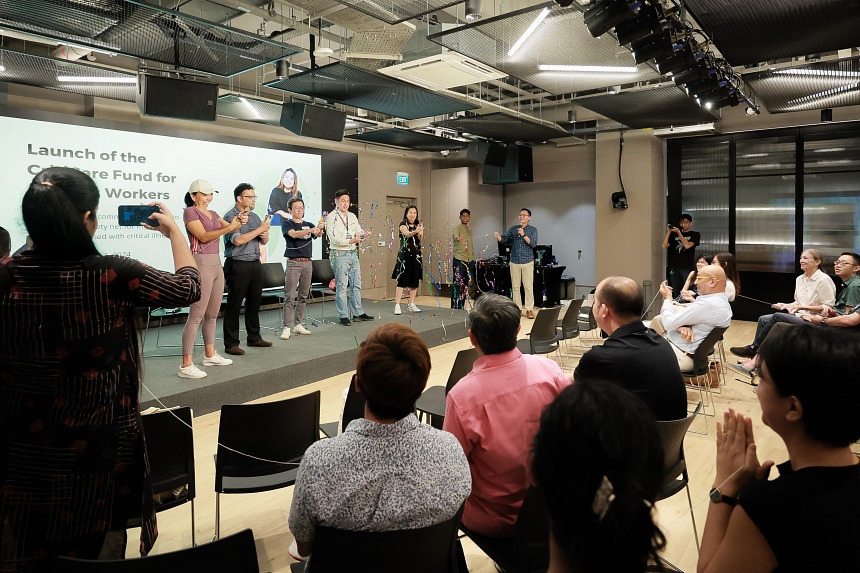A Singaporean charity has introduced a groundbreaking initiative to support migrant workers battling severe illnesses. The CritiCare Fund for Migrant Workers aims to raise 410,500 Singapore dollars (approximately $307,875) to provide financial aid for 20 workers over the next two years.
The fund seeks to fill the gap left by inadequate insurance coverage, ensuring that workers facing high medical expenses can access necessary treatments. Managed by Ray of Hope, a registered charity regulated by Singapore’s Ministry of Social and Family Development, the initiative will allocate funds based on decisions made by a community-led council. This council includes medical professionals, employers, civil society representatives, and migrant workers themselves.
Each case is projected to require around 20,000 Singapore dollars, with an additional 10,500 Singapore dollars set aside for administrative costs. Alongside providing financial assistance, the fund will collect data on critical illnesses among migrant workers to help shape future healthcare and insurance policies.
For many migrant workers, affording treatment for severe conditions like late-stage cancer, heart attacks, or strokes is nearly impossible. When illness prevents workers from continuing their jobs, employers often terminate their work permits and repatriate them. This situation leaves many workers without access to critical outpatient treatments like chemotherapy, which are not covered by the mandatory medical insurance provided by employers.
Singaporean law requires employers to purchase insurance for migrant workers with a minimum annual claim limit of 60,000 Singapore dollars per worker. While this offers basic hospitalization coverage, it often falls short for severe conditions. Anthea Ong, a fund founder and former nominated member of parliament, highlighted the challenges faced by migrant workers, especially for treatments excluded from mandatory insurance policies.
Yeo Guat Kwang, chairman of the Migrant Workers’ Center and a former member of parliament, emphasized the urgency of addressing these issues. Diseases like cancer, diabetes, and strokes remain leading causes of death within the migrant worker community.
Singapore is home to over 1.5 million foreign workers as of June 2024, according to the Ministry of Manpower. This initiative is a step toward ensuring that these workers, who contribute significantly to Singapore’s economy, have access to essential healthcare during their most vulnerable times.

